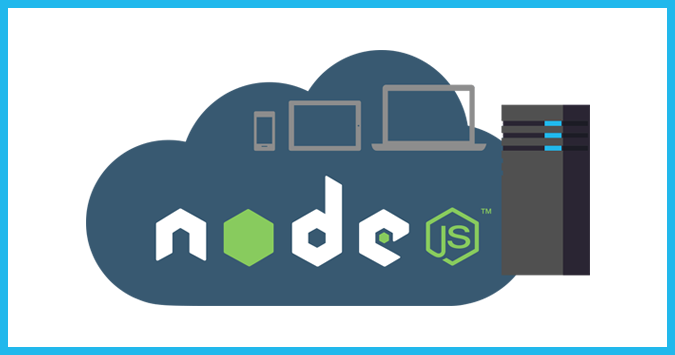Node.js- Brief Study

Node.js is an open-source, cross-stage JavaScript runtime environment for building up a diverse variety of tools and applications. It is not a JavaScript framework, a large part of its fundamental modules are composed in JavaScript, and developers compose new modules in JavaScript.
The things that we can do on the web these days with JavaScript running on the server, and also in the browser.
Node.js permits the making of Web servers and networking tools utilizing JavaScript and a gathering of “modules” that handle different core functionality provided for file system I/O, networking , binary data, cryptography functions, data streams and other core functions. Node.js’ modules utilise an API intended to decrease the unpredictability of composing server applications.
Difference between Node.js and PHP is that most functions in PHP block executes until completion while Node.js functions are designed to be non-blocking.
Node.js works on a single thread, utilizing non-blocking I/O calls, permitting it to tens of thousands of concurrent connections without incurring the cost of thread context switching.The plan of sharing a single thread between all that requests uses observer pattern is intended for building highly concurrent applications, where any function performing I/O must use a callback.
The core functionality of Node.js presents in a JavaScript library. The Node.js binds, written in C++, interface these technologies to each other and to the operating system.




